|
With each lesson we have studied, I have thought that the next one could not possibly be as interesting or exciting... Each time I have been wrong!
This is no exception
0 Comments
The Seven Feasts of the Lord Today Pastor Doss completes our sermon series with the final two feasts. Like the Feast of Trumpets from last week, these have not yet been fulfilled. Join us for an exciting look at what is to come.
The first Three Feasts were the Spring Feasts—in the beginning of the new year, fulfilled by Jesus as He brought in the ‘Beginning of a New Covenant.’
The Seven Feasts of the Lord We continue with our series on the seven feasts that God's chosen people were instructed to celebrate in the Old Testament as "rehearsals" for what was to come with the Feast of Pentecost and it's parallel in the New Testament. Then we examine the Feast of Trumpets, the first of the three OT feasts that does not yet have a modern parallel.
Why on earth would I really care to know about Jewish Feasts started over 3300 years ago? Because God is Awesome. And these feast will show an incredible design and plan that transcends the knowledge of any one man in time. In Hebrew culture, prophecy is often illustrated by an event that is a shadow of a larger event to come, with the smaller event having significant meaning—but also predicting an ultimate prophetic event (an illustration with full details of events to come). The Seven Feasts are prophetic, symbolic feasts given by God to foreshadow what’s coming (Col.2:16-17). They are found in the OT (Leviticus, Numbers & Deuteronomy). The Hebrews were first given commands to keep the Feasts through generations to follow (Lev. 23:1-2, 37, 44). The word for ‘feast’ is mow’ed (meaning appointed sign or time); the word for ‘convocation’ is miqra (meaning public meeting, rehearsal, assembly). They were celebrations where food, grain and burnt offering were given to God. There are four Spring Feasts (Passover, Unleavened Bread, First Fruits, Feast of Weeks) and three Fall Feasts (Feast of Trumpets, Feast of Atonement, Feast of Tabernacles). The prophecy fulfilled in these Feasts clearly show God’s fingerprints unmistakably on each one. Matthew 5:17-18
Well-meaning people, even Christians don't know how to make sense of some of the seemingly senseless and horrible things in this world. Things make some people honestly ask "How could there be a God in charge of this world when there is so much evil and chaos?" Or, even if they know in their heart God is real, some are asking "God, if you are All-powerful, and you really are good and loving, how could you watch this go on and do nothing?" The simple, overused answer given by many Christians, "Well, God didn't make the world that way—man did” just doesn’t cut it, because in the end, God in His Omniscience, still had to know what would happen, in His Omnipotence, could still do something about it, and therefore, is still ultimately responsible. All answers for why there is evil in the world, eventually come back to God in the end—so why?
If God loves us, if He is love, why is there so much evil in the world? People do horrible things to each other, disasters wipe out thousands of people at once. Turn on the news, scroll through your FaceBook feed, listen to the radio or catch the headlines on the paper and you are bombarded with the evil of this world. So why does God seem to sit back and do nothing about it? Listen to today's sermon to find the answer.
|
Looking for something specific? Use our search bar belowArchives
June 2024
|

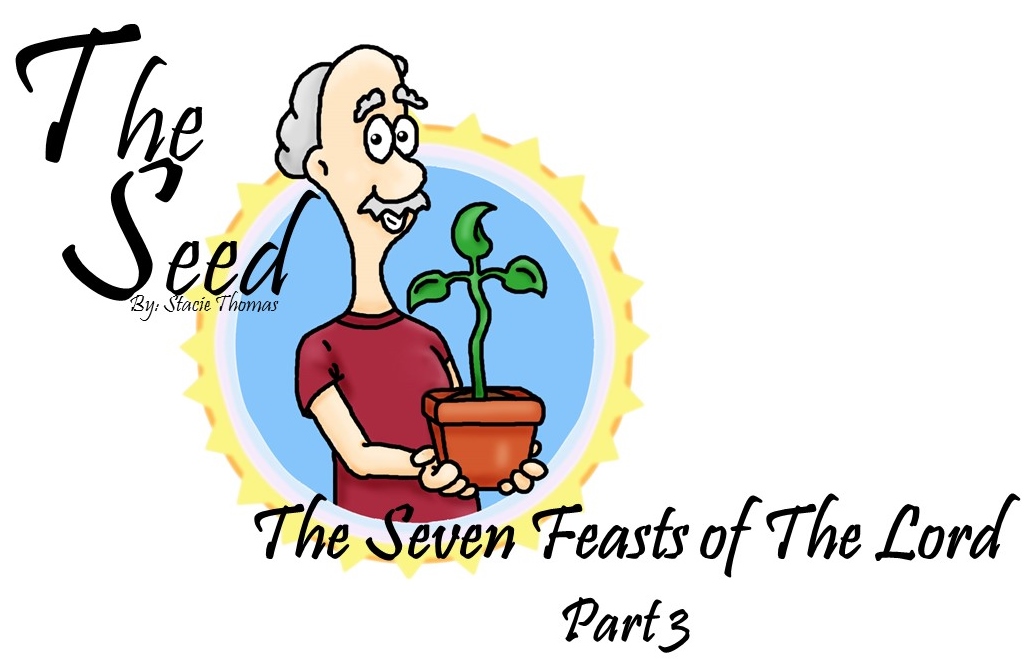
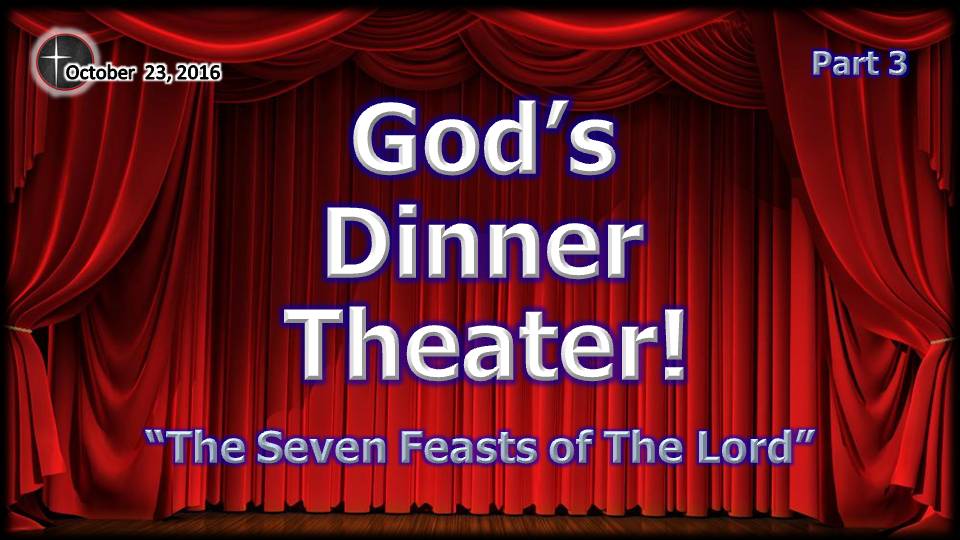
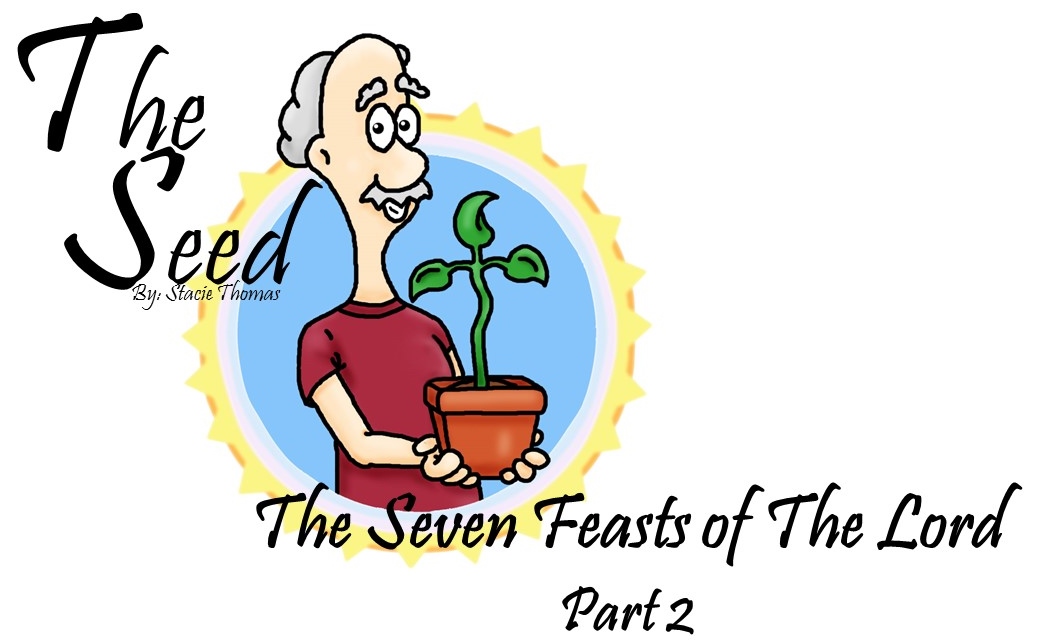
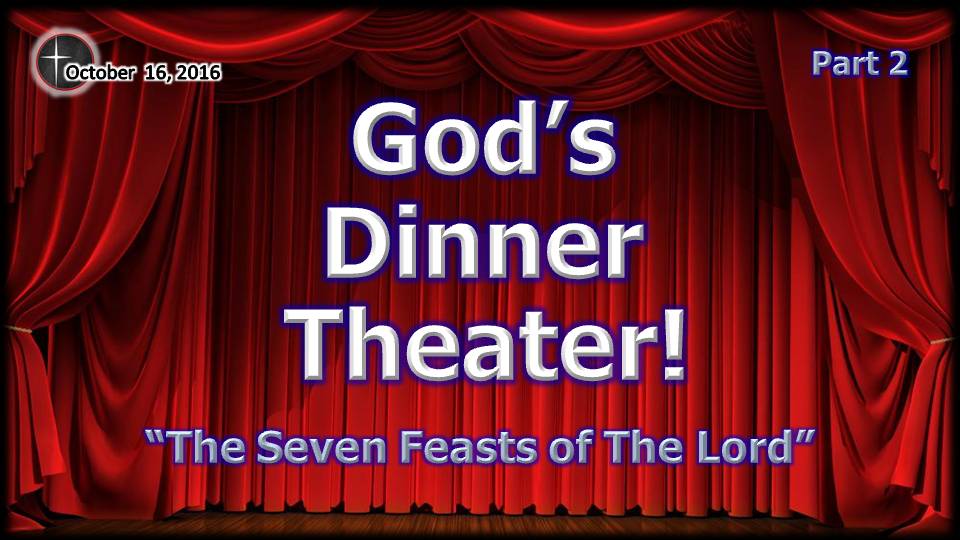
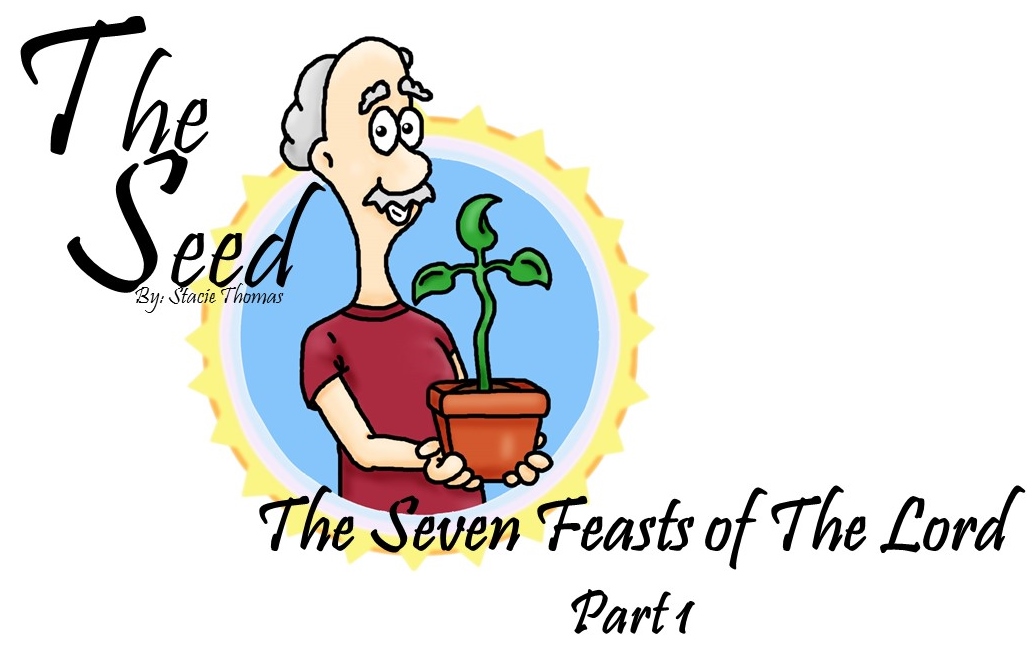

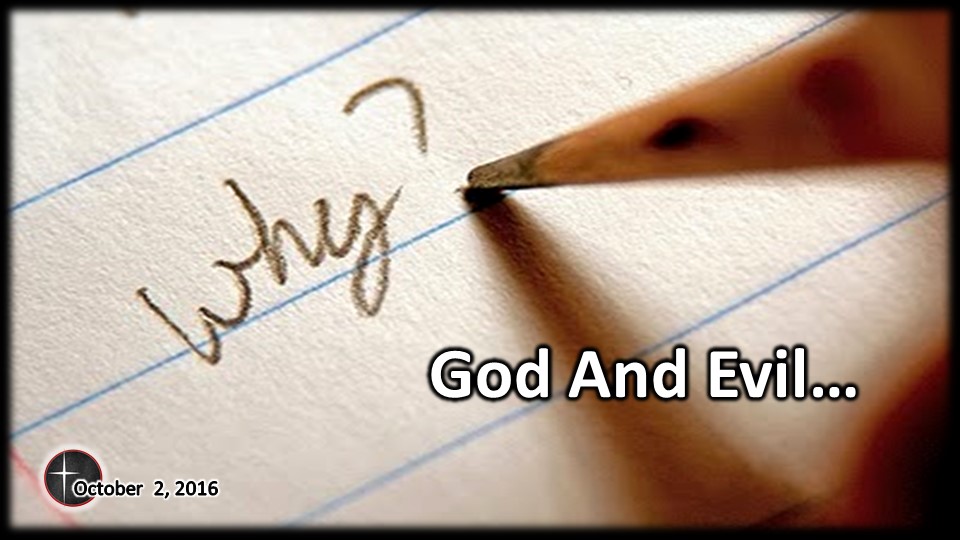
 RSS Feed
RSS Feed